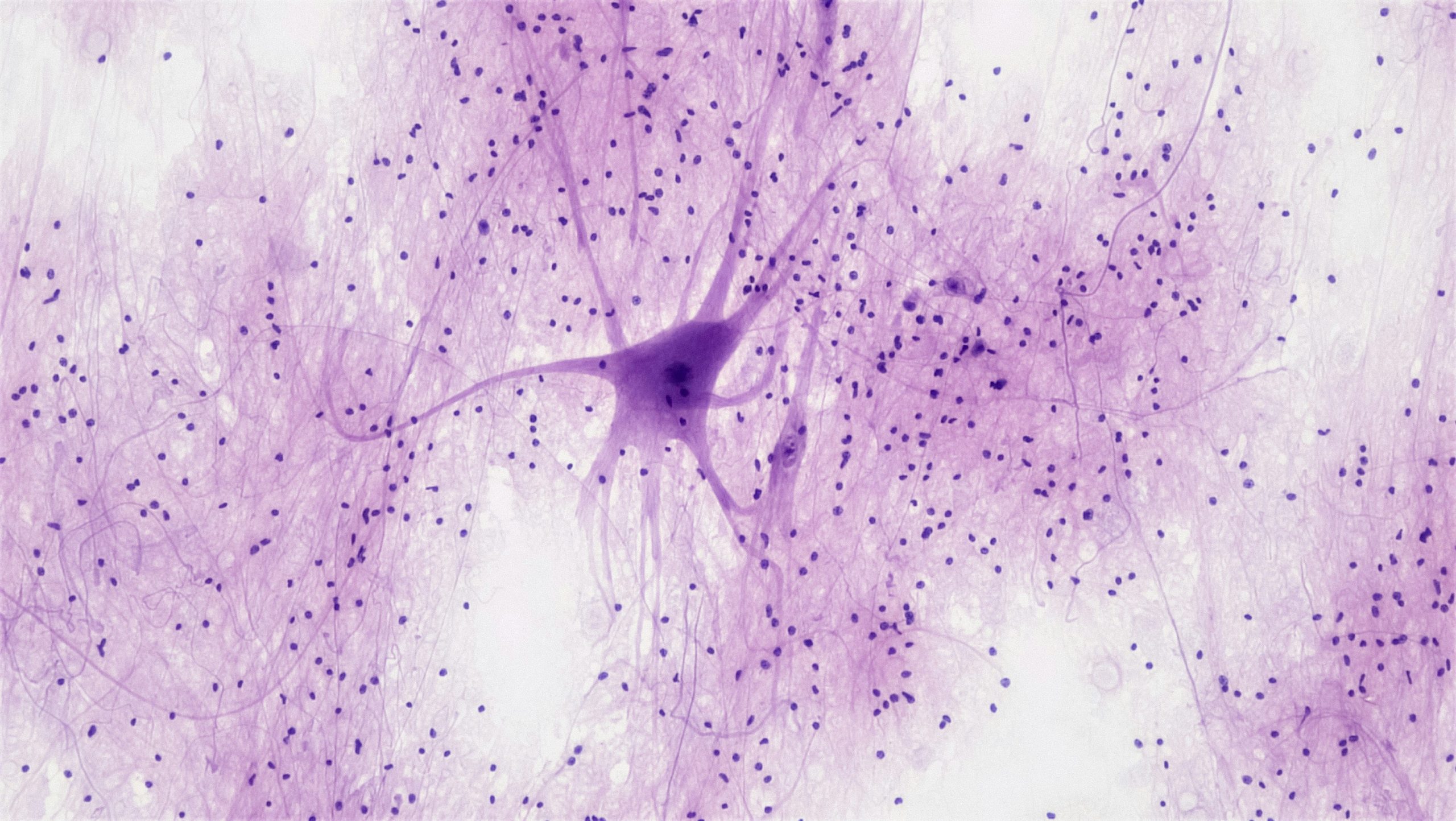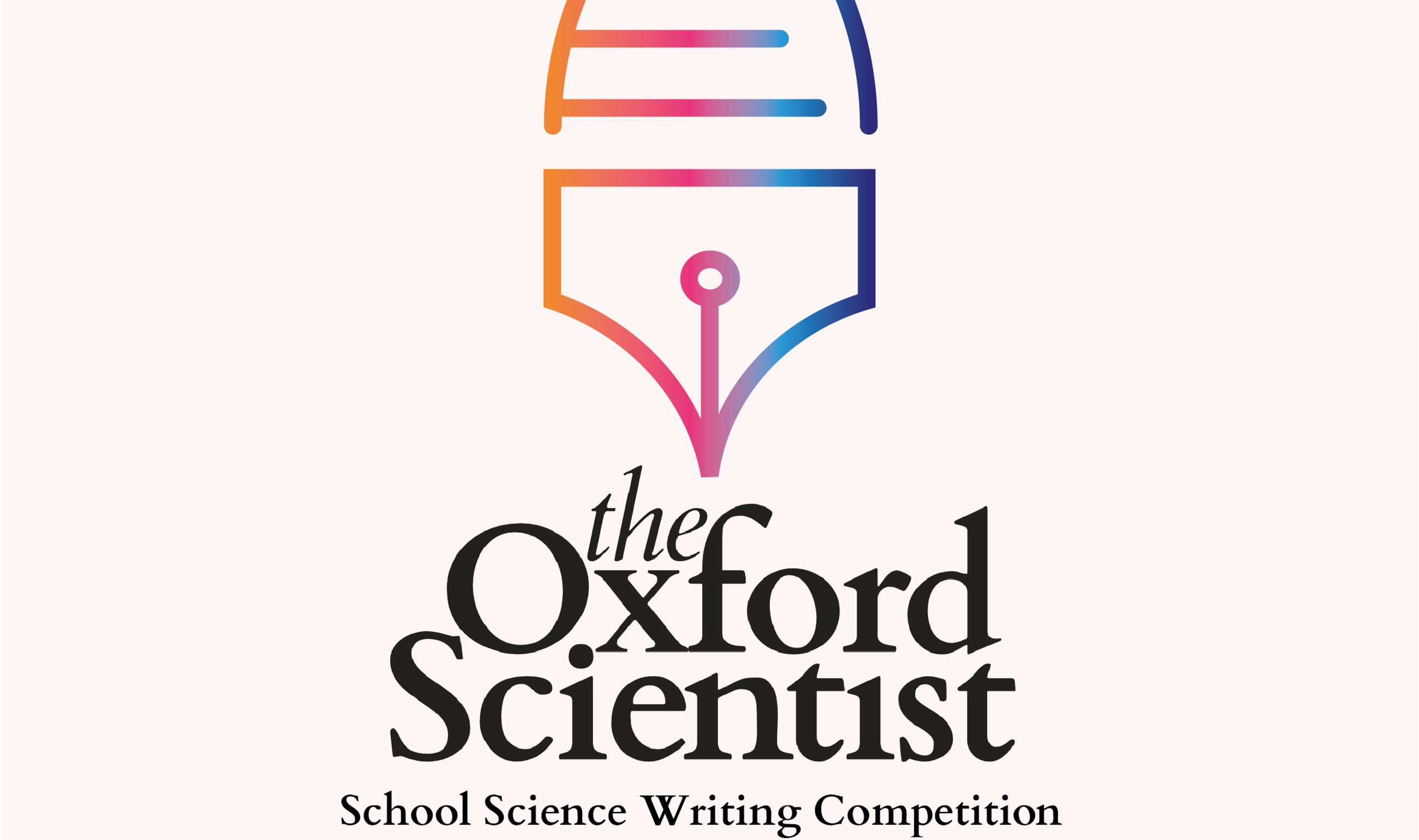by Mahma Hyder, Year 13, Wisbech Grammar School, Norfolk
What do you think of when you hear about Islamic hospitals in the middle ages? You may envision a gruesome image of the amputations of limbs, horrific hygiene, and the sight of blood everywhere. In fact, it could not be further from the truth. The Middle Ages was a time in which the rise of discoveries and innovations were predominant over in the Middle East, and this time period is known as the Islamic Golden age. Over in Europe however, where little to no progress was made in medical science, one of the most common ways to remove a wound from a leg would be to cut the whole limb off, with no anaesthetic to numb the discomfort. Ibn Sina, one of the most influential doctors in the 11th century was more interested in a calmer approach in regards to the care of his patients by the use of herbal remedies and the use of antiseptics to prevent and cure nasty infections. He was the first to describe the antiseptic properties of alcohol, which is now a very common antiseptic used today.
Born in Uzbekistan, Ibn Sina, also known as Avicenna was a humble, devout Muslim who always sought out to gain knowledge, as the Quran emphasised the importance of education. By the age of 16, he had started to practise medicine and years later, produced a book called “The Canon of Medicine “, which is renowned as one of the most significant books in medicine. Avicenna discussed a system considering factors such as diet and drugs in order to aid the treatment of patients. He was one of the first doctors to link disease with mental health and used this method to prevent and treat depression in patients.
In his many books, Avicenna emphasised an important diet, He evaluated the uses of several plants and lots of his herbal remedies are now being supported by scientific evidence. One of which being his remedies acquired from saffron which has now been proven to relieve symptoms and treat disease. The intellectual also acknowledged saffron as an anti-inflammatory agent. Being aware that inflammation can happen before or after surgery, he emphasised the necessity of prevention of infection by keeping clean and promoting healing with a suitable diet.
Avicenna even mentioned that saffron can help to cure Alzheimer’s disease and depression. The doctor reinforced the relationship between depression and various diseases, not just Alzheimer’s. Handling and preventing depression based on natural remedies and changes to lifestyle, Avicenna introduced roughly 30 medicinal herbs for the treatment and management of depression. As well as his contributions to herbal medicines, and treatment and prevention of infections. Avicenna was the first person to realise that diseases such as measles could transferred from person to person. To prevent this, he suggested the quarantining of sick people so the disease would not spread, which is a notorious method used in modern hospitals.
As well as on paper, Avicenna was progressing in hospitals too. He made many inventions in his time, such as catheters with rounded tips with side holes from animal skin. This ensured a gentle procedure for the patient who was suffering from urinary disturbances.
Attempting to enforce the idea of the testing of drugs to ensure it works, he produced a method to test the effectiveness of a drug. For example, he established rules such as ensuring that a drug’s quality must match the severity of the disease and that several trials must show the same results, proving that the drug’s effects are consistent. Although this method for testing drugs may seem simplistic to us, this knowledge and method was profound in the 11th century.
How often had you heard the name Avicenna? You probably hadn’t before reading this article, right? Whilst his book is very influential for medics globally, a lot of his vital contributions to medicine had gone largely unrecognised and has not been remembered in the West. Ibn Sina was well ahead of his time, and contributing to many fields ranging from philosophy to astronomy, but there is no doubt that his works have been invaluable to Medicine.
Ibn Sina; the father of modern medicine … and the unsung hero of science!





